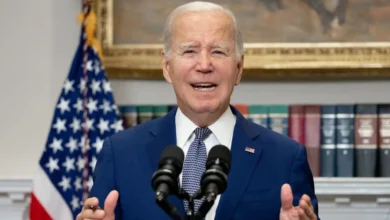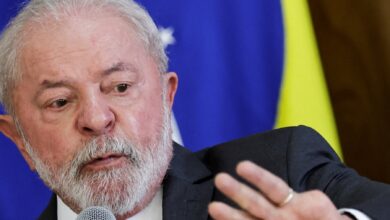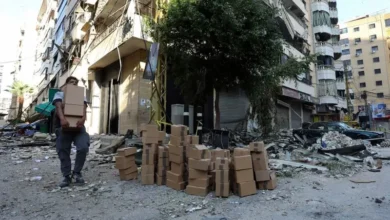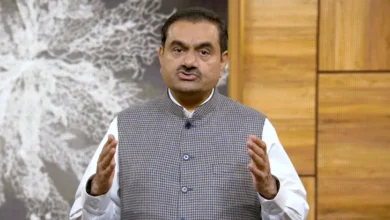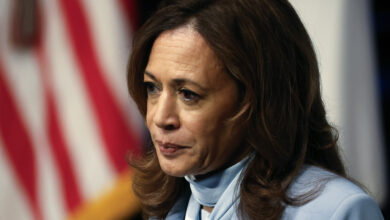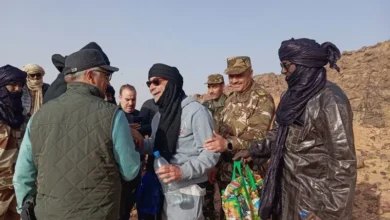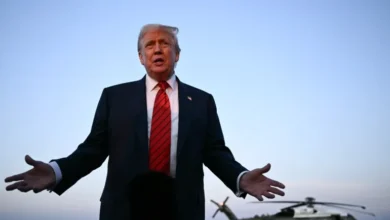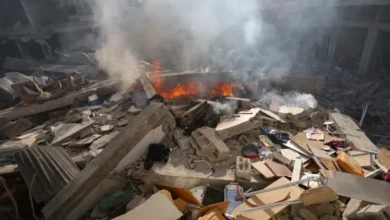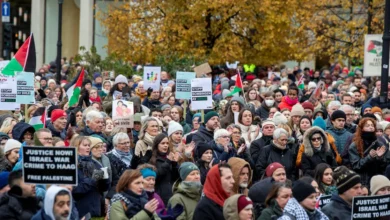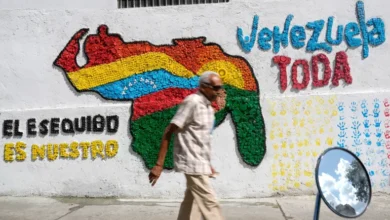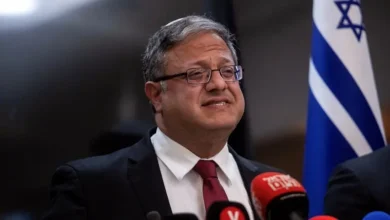US remains open to talks with Tehran, but no enrichment inside Iran: Ortagus
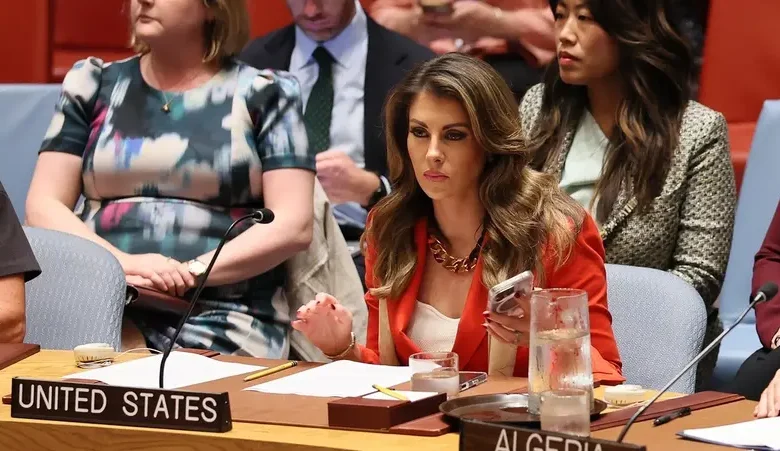
A senior US diplomat said Tuesday that Washington remains open to talks with Iran over a new nuclear deal but reiterated that the Trump administration will not allow enrichment on Iranian soil.
“We’d like to make it clear to the entire world: the United States remains available for formal talks with Iran, but only if Tehran is prepared for direct and meaningful dialogue. Direct and meaningful,” Morgan Ortagus, the US deputy special envoy for the Middle East, said.
Speaking at a UN Security Council briefing on nonproliferation, Ortagus was responding to remarks by Iran’s UN ambassador, Amir Saeid Iravani, who accused Washington of refusing to pursue “fair negotiations” by insisting on zero enrichment.
Ortagus stressed that Washington would not negotiate publicly. “Of course, not here,” she said, speaking from New York. “We have been clear, however, about certain expectations for any arrangement. Foremost, there can be no enrichment inside of Iran, and that remains our principle.”
Referencing her work in both Trump administrations, Ortagus said President Donald Trump had extended an offer of diplomacy to Tehran in both terms. “But instead of taking that hand of diplomacy, you continue to put your hand in the fire. Step away from the fire, sir, and take President Trump’s hand of diplomacy. It’s extended to you,” she said.
Washington and Tehran held multiple rounds of talks on reaching a new nuclear deal earlier this year. But those talks came to a halt following the 12-day war between Iran and Israel, which was later joined by the US when it bombed Iran’s nuclear sites.
